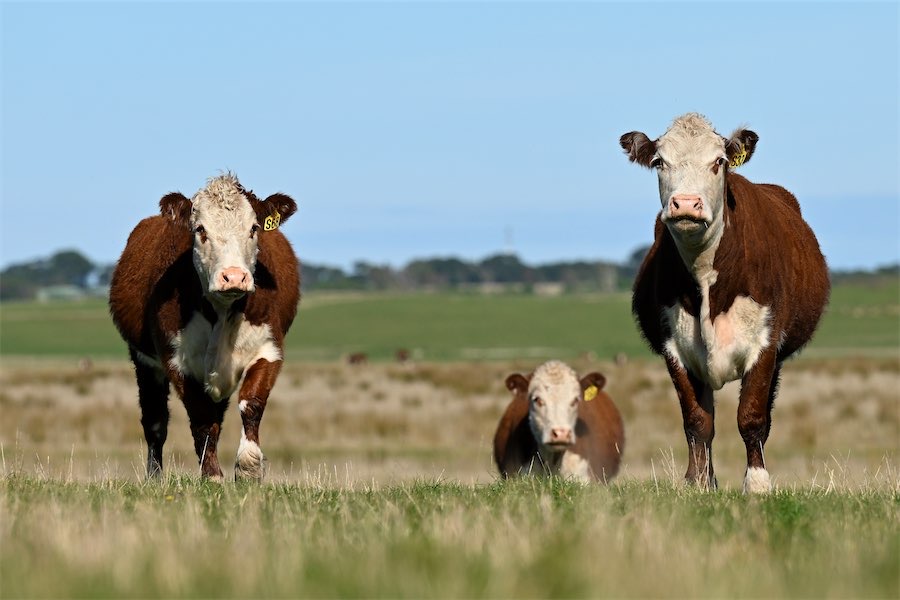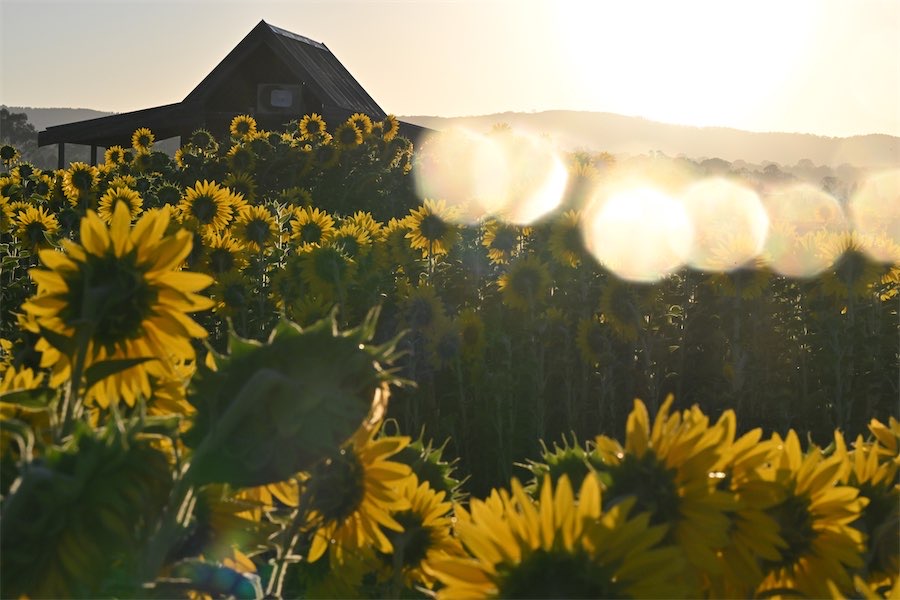AS sustainability becomes a more mainstream value, a lot of people are turning to the ideas of permaculture, which basically means they’re setting up miniature organic farms in backyards or on balconies that produce heaps of food, but largely take care of themselves.
A huge array of ideas for producing food, collecting water and energy efficiency – even in tiny apartments – will be on display at Floriade in a special demonstration garden built by a consortium of 14 community-based organisations from Canberra and nearby regions called Urban Agriculture Australia.
Trish McEwan and Martyn Noakes are members of several of those organisations, including Canberra City Farm, a project to build a place much like the Floriade display, only permanent.
Martyn says the ongoing City Farm project was too big for the small group of initial members to do alone, “so it was better to get together a mixture of community groups who share in the same sort of goals and ideals”.
“Things like social justice and community-building are parts of permaculture, too; a lot of people think it’s just gardening, but it’s way more than that,” he says, adding that the Floriade permaculture garden will be a good way to share the City Farm’s stated vision of a “Canberra regional community living in harmony with a viable and healthy local environment”.
Permaculture is a broad philosophy based on how natural ecosystems work as a complex web of different living parts like microorganisms, insects, animals and plants, all sharing energy from the sun and minerals from the Earth.
“It’s all about mimicking nature so that everything that’s happening is happening as it would in nature,” says Martyn, who has been applying the principles to his farm near Bredbo for the past five years.
“It’s about trying to get these systems to just keep going themselves for the whole time and renewing themselves, and a lot of people struggle with that idea,” he says.
“The whole idea of the farm, or the backyard, is that it’s a single organism. It’s all part of one system and if you break it up and force it to do things it doesn’t naturally do, then it starts to break down and you have to start adding more inputs.”
Martyn says that when it’s done properly, the natural ecosystem of an ideal permaculture mini-farm will produce an abundance of food, although harsh winters are still a challenge. Many crops can also be left to sow their own seeds, which will sprout of their own accord when the time is right in the next season.
“I was down at Brogo the other day with the guy who taught Trish and I, and he was showing me how his farm’s now at the stage where he doesn’t have to do anything except collect the fruit and vegetables – everything’s matured now,” he says, referring to permaculture guru John Champagne.
As an example from his own farm, Martyn explains that he and his wife keep pigs in the same area they grow carrots. He says that because they feed by digging in the soil, their stomach bacteria – and therefore their manure as well – is particularly good for root vegetables.
“So we put the pigs in, planted our carrots and got a fairly good crop, and we left a few of them to go to seed. Then the next year, we had a lawn of carrots. There were just carrots everywhere without us doing a thing, so we went orange from eating them, just about.”
They also pulled one out of the ground that weighed in at a staggering 4.8kg, and Martyn says it tasted delicious, contrary to some expectations.
Trish, whose permaculture garden in O’Connor is a work in progress, is also striving for the same ideal of self-sustaining permaculture.
“I think that’s the thing – it’s a process and you’re constantly looking to your environment to teach you things about what’s happening,” she says.
“We’ve been here six years and we’re always looking at things in the garden to find out what works and what doesn’t work, and it’s good when you start seeing the garden doing things for you; things come up in different seasons and you haven’t had to plant them. Eventually you just kick back and enjoy the fruits.”
Floriade runs from September 14 to October 13 in Commonwealth Park. The Urban Agriculture Australia permaculture garden will be opposite the “Gourmet Garden” for the whole festival, and UAA members will make various presentations.
See floriadeaustralia.com for more information.
Who can be trusted?
In a world of spin and confusion, there’s never been a more important time to support independent journalism in Canberra.
If you trust our work online and want to enforce the power of independent voices, I invite you to make a small contribution.
Every dollar of support is invested back into our journalism to help keep citynews.com.au strong and free.
Thank you,
Ian Meikle, editor








Leave a Reply